According to American Addiction Centers:
In 2016, alcohol caused approximately 90,000 domestic violence deaths worldwide.
Alcohol or drug use is involved in 40-60% of domestic abuse situations.
More than half of individuals who abuse their elder parents (age 60 or older) are dependent on alcohol or drugs . . .

As the holiday season approaches, many of us look forward to warmth, family gatherings, and celebration. But for countless survivors of domestic violence, this time of year brings heightened fear and instability.
The reality is that domestic violence often escalates during the holidays.

In many Latino communities, the value placed on family is deep-rooted. Because of this, separating from a partner, even in an abusive situation, can feel like betrayal or failure. Family members often romanticize stories of men who relentlessly pursued women until they “made them theirs.”.

As we approach a new school year, we want to highlight this egregious type of abuse and its long-lasting effects on a survivor’s future. Academic Abuse manifests as a form of coercive control that both teens and adults are vulnerable to experiencing.

Self-care, often misconstrued as a luxury, takes on a profound significance for survivors of domestic violence. It becomes a transformative act of survival, resistance, and healing. In the face of chronic stress, trauma, and isolation, survivors often find little space for their own needs. However, self-care in this context becomes revolutionary, a means to reclaim control over one’s body, boundaries, time, and voice, instilling a sense of empowerment and hope.

